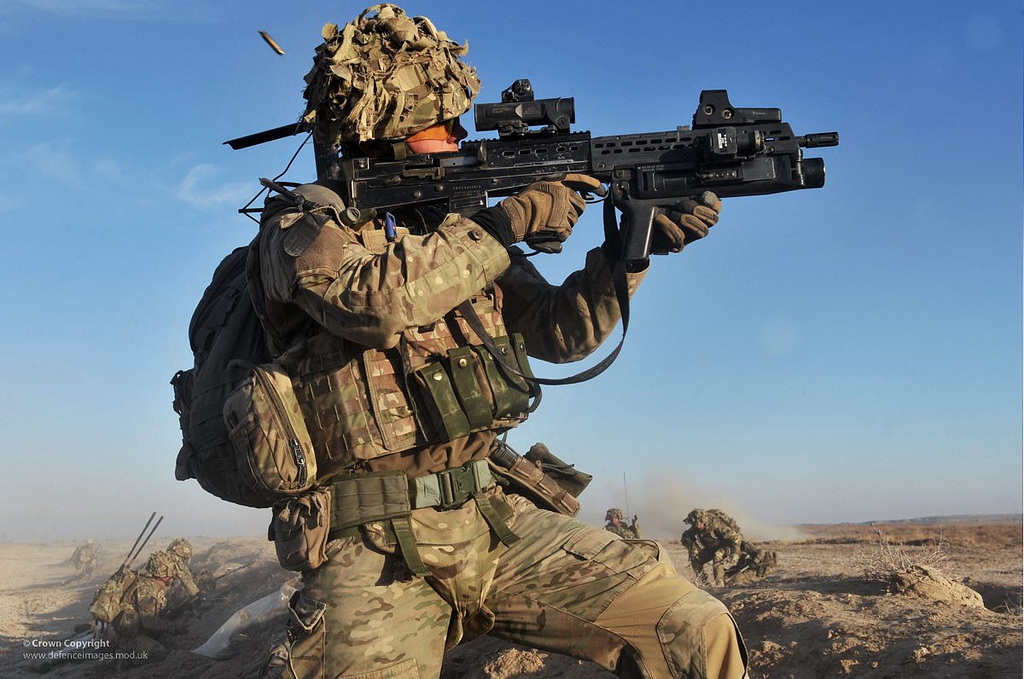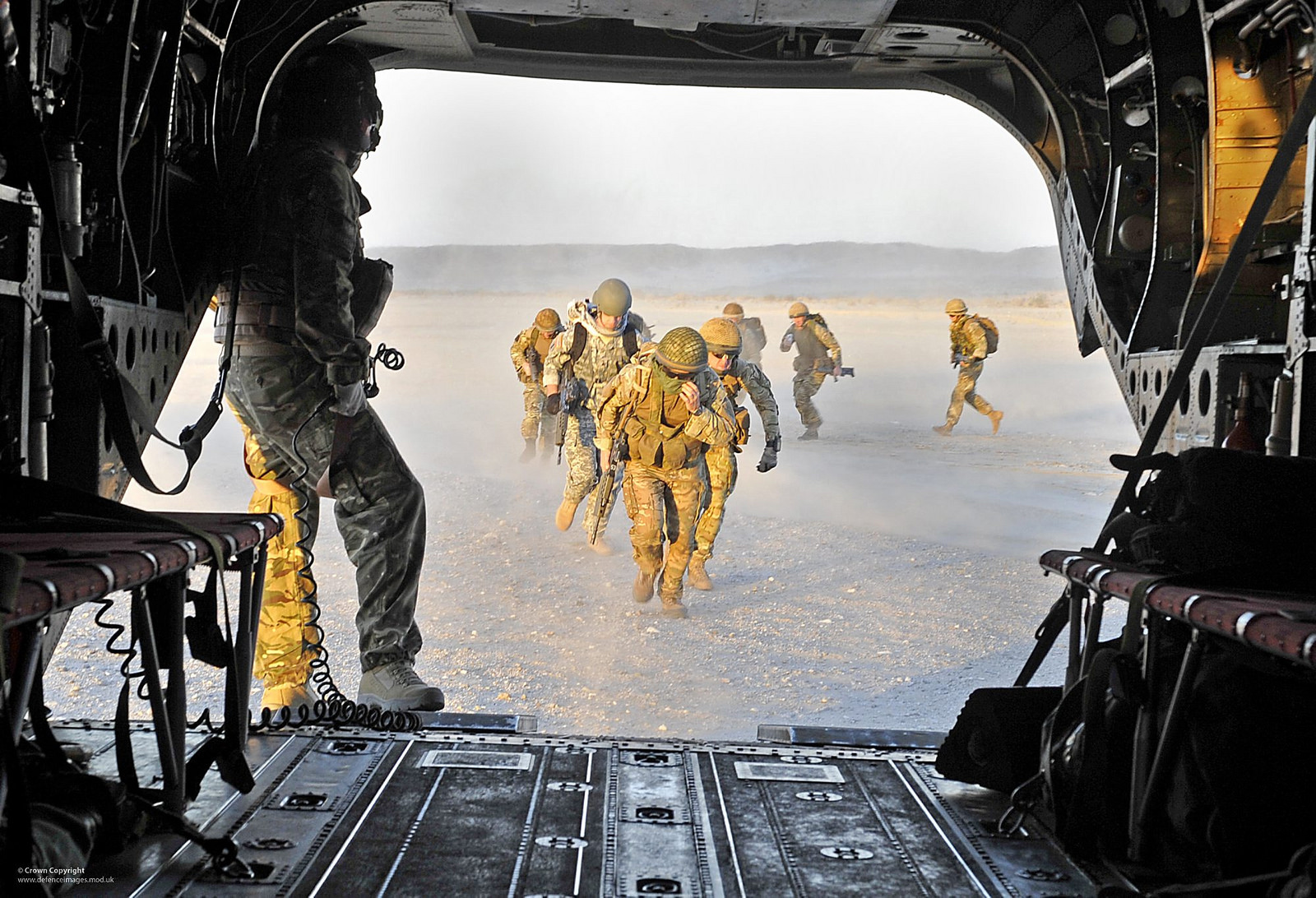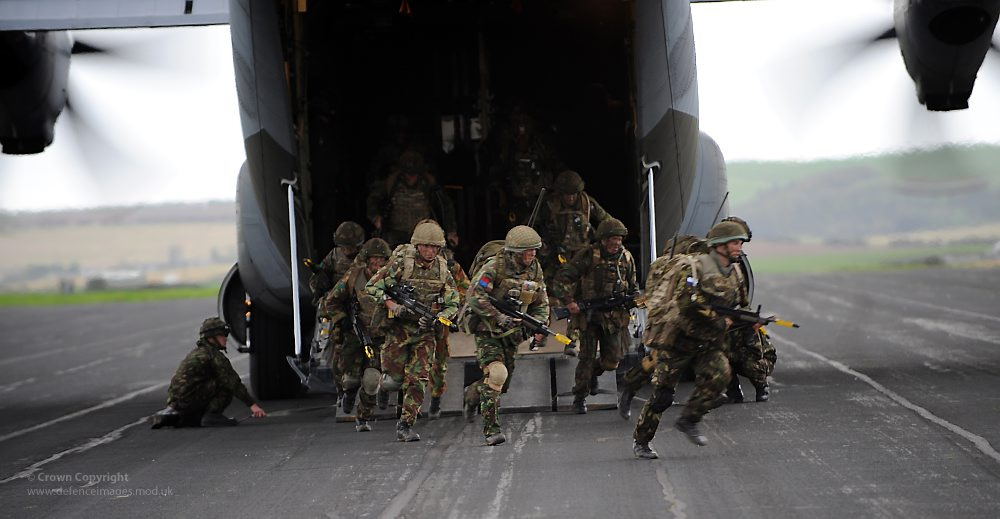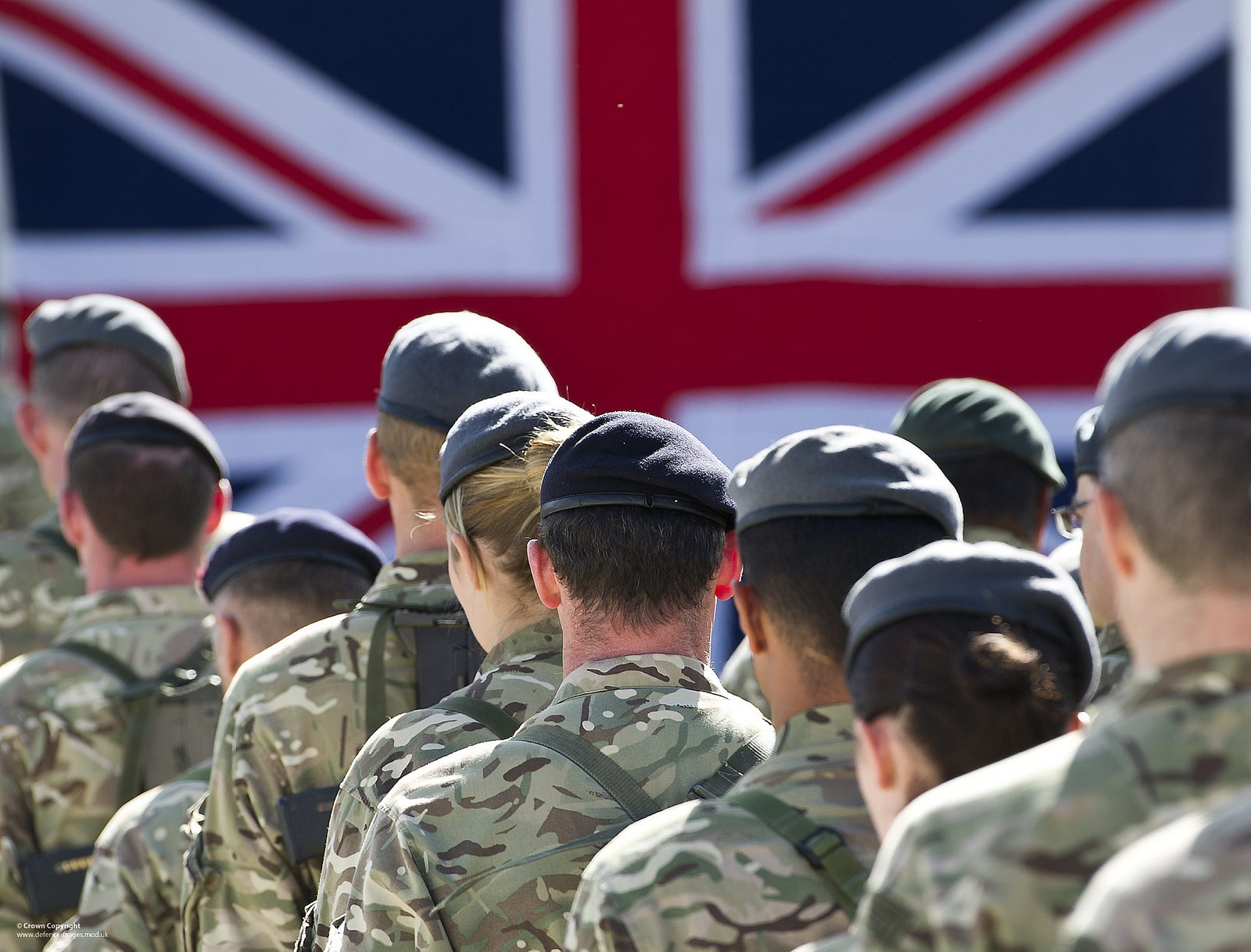Today is the anniversary of Victory in Europe Day, marking 71 years since the end of the Second World War. Unfortunately, many soldiers have been injured or lost their lives since then. If and when the Government’s consultation on scrapping the Human Rights Act materialises, the relationship between those soldiers, the Ministry of Defence and human rights will play a central role in the debate.
Some politicians say that the risk of human rights claims hinders soldiers on the battlefield. Others point to justice being achieved for soldiers and soldiers’ families through human rights laws, especially the UK’s Human Rights Act.
So, do human rights harm or help soldiers?
Human rights claims too expensive and bad for operations?

In December 2015, the Secretary of State for Defence, Michael Fallon, said that there was a “strong case” for suspending human rights law when sending forces into action overseas. He continued “…it is not only extremely expensive but it inhibits the operational effectiveness of our troops because they start to worry about whether they will end up in a court or not.”
Fallon also pointed out that, since 2004, the Ministry of Defence has spent over £100 million on investigations and compensation. Fallon argues that we already have plenty of international agreements, such as the Geneva Conventions, which provide human rights protections to soldiers and “we don’t need the duplication”. So, does the Human Rights Act just duplicate existing protections?
Human rights laws protect soldiers and their families

It is hard to see how the Geneva Conventions would have helped the families of soldiers like Private Cheryl James or Private Jason Smith. Cheryl James died at Deepcut Barracks in 1995. The Human Rights Act secured a proper inquest into the circumstances surrounding her death over twenty years later. The right to life means that deaths involving the state must be properly investigated. Cheryl James’ father, Des James, wrote an opinion piece for the Guardian, stating “My daughter’s inquest wouldn’t have happened without the Human Rights Act“.
Catherine Smith’s son, Private Jason Smith, died of heatstroke while on duty in Iraq in 2003. Catherine used human rights laws to get answers about her son’s death, to ensure other soldiers would be protected and to prevent other families from having to endure the same loss. She is campaigning with Act For The Act to save the Human Rights Act. In the words of the family’s lawyer:
Soldiers have the right to know, when risking their lives for us, that we have taken reasonable steps to protect them.
In the 2013 Smith v Ministry of Defence case, several British soldiers had been killed either as a result of ‘friendly fire’ (when soldiers on the same side accidentally kill one another) or the inability to check for hidden explosives, through poor training or inadequate equipment. The UK Supreme Court decided they were protected by human rights law, even though they were acting abroad. The Ministry of Defence tried to argue that, because the soldiers were outside the UK, it had no duty to protect their right to life. The Supreme Court disagreed.
Should we limit human rights protections to exclude soldiers acting abroad?

It is likely the plans for a new Bill of Rights will propose limits on the extra-territorial scope of human rights laws, which means the Government might try to stop UK human rights laws applying to soldiers when they are overseas. Yet, as former Conservative Attorney General Dominic Grieve QC has stated “…restricting the scope of the [European Convention on Human Rights] territorially will not deliver the benefits assumed…” This brings us back to the question of duplication.
There are situations where international treaties and the UK’s Human Rights Act may both be applicable, but this overlap does not equate to whole-scale duplication. They do not always operate in the same sphere (see our feature on the different types of law which may apply during war and peace). If we shrink the scope of human rights law, this risks creating a gap in human rights protection and could leave some deserving people without any way to access justice.
The Human Rights Act has provided, and continues to provide, recourse to justice for individuals where international treaties have failed to do so. UK human rights laws have made it clear that soldiers deserve the same rights as other citizens. Without the Human Rights Act, many worthy individuals would have been denied the justice that was owed to them.
This article represents the opinion of the author, not that of RightsInfo
Read more about how human rights protect the right to life. Sign up to regular human rights updates here.







